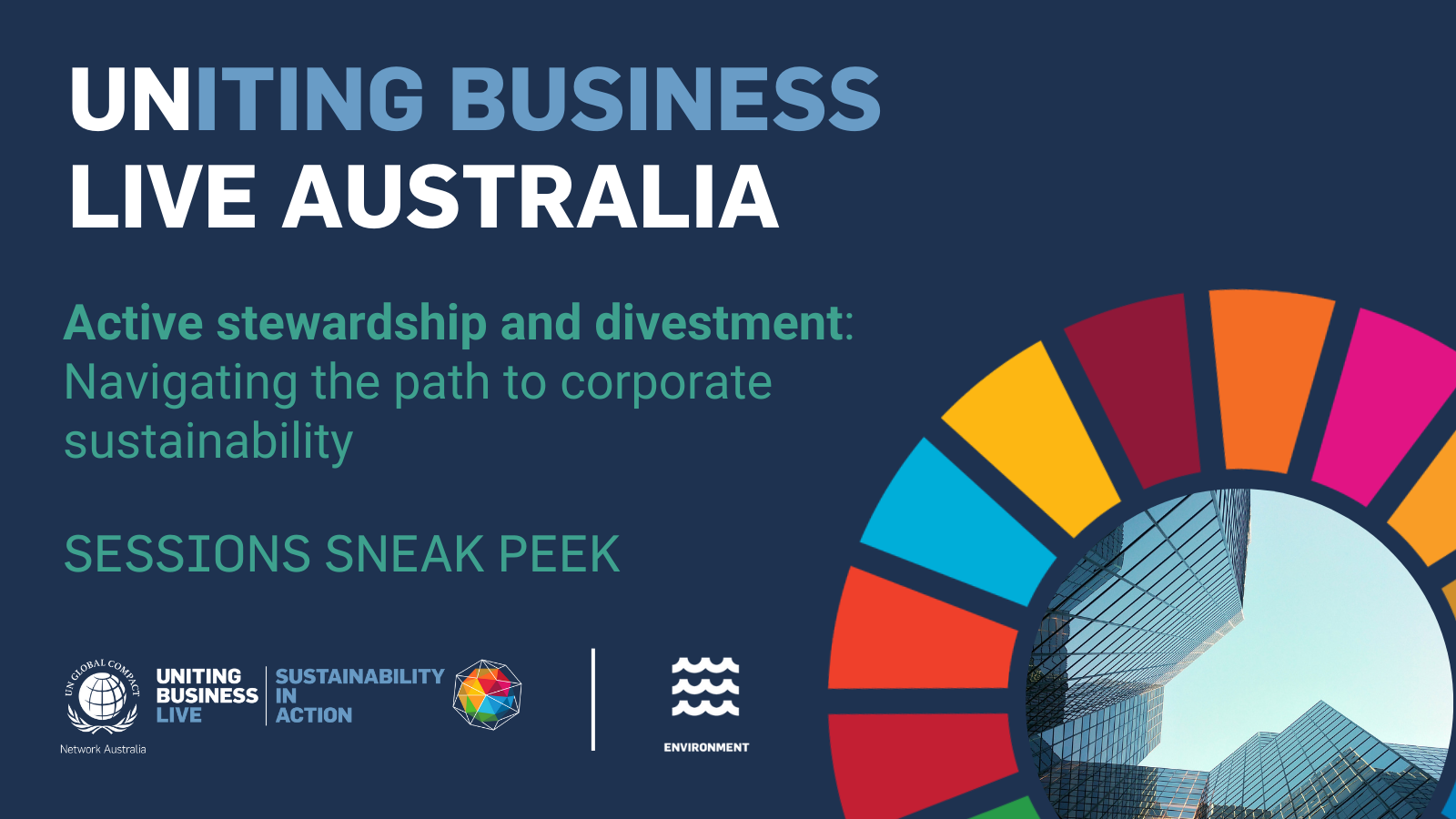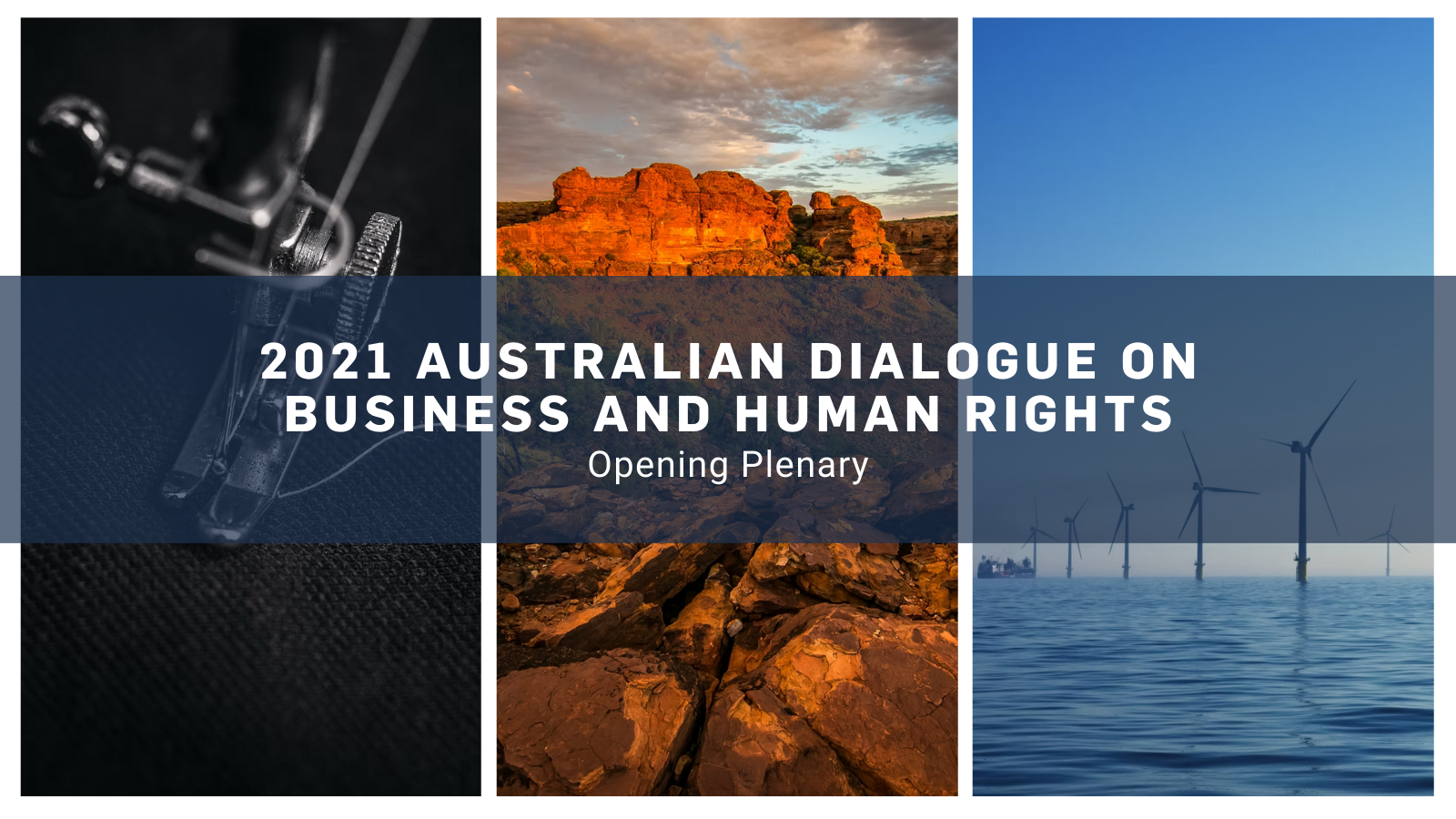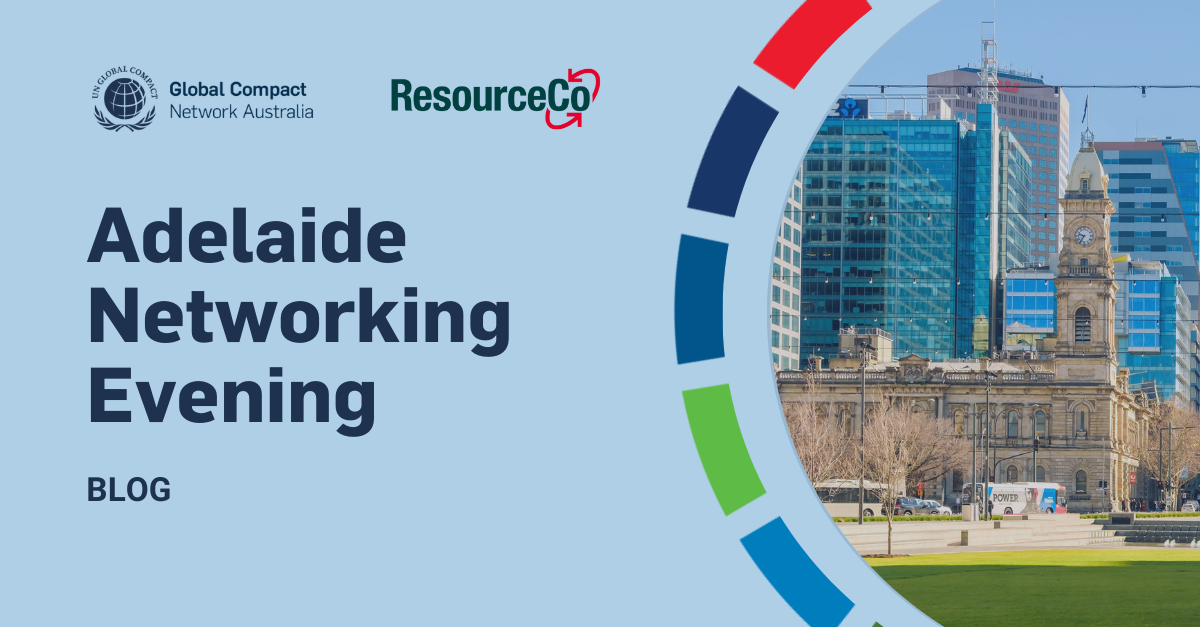
Blogs, Environment & Climate Change, Events, Sustainable Development Goals
Blog | Active stewardship and divestment: navigating the path to corporate sustainability
Dr Evan Center | October 23, 2024
As the 2024 SDG Investment Forum, hosted by the CFO Coalition for the SDGs at the UN General Assembly, comes to a close, the release of the Sustainable Finance Innovation Report further underscored the urgency of advancing innovative sustainable finance practices. The report highlighted the critical need to align financial strategies, drive innovation, and mobilise private capital to meet the UN Sustainable Development Goals (SDGs).
With global private financial assets totalling $200 trillion, 1 shareholder activism can drive business adoption of responsible, long-term ESG strategies that deliver meaningful social and environmental outcomes to drive capital via purpose-driven investment and lending practices.
What is active stewardship & shareholder activism?
Active stewardship from an investment perspective involves responsibly managing assets to promote long-term value and sustainability. This involves investor engagement with companies to influence decisions on governance, environmental impact and social responsibility. This engagement happens via collaboration and dialogue with companies to influence positive changes.
Shareholder activism refers to shareholders assertively leveraging their ownership rights to influence corporate behaviour. This can include voting, engaging in dialogue with management, or submitting proposals to push for change. Historically, shareholder activism aims to improve financial performance, but when aligned with environmental, social, and governance (ESG) principles, it transforms into a broader tool. In this context, it advocates for ethical behaviour, environmental responsibility, and social equity, shifting its focus from purely financial outcomes to promoting sustainable and responsible corporate practices.
Divestment
Divestment, the act of withdrawing investments from companies that contradict certain ethical values, has a long-standing presence in responsible investing. It gained significant momentum in the 1970s and 1980s when institutional investors divested from companies involved in apartheid South Africa. Today, the demand for divestment has expanded, targeting industries such as tobacco, weapons and private prisons. However, fossil fuel-related assets have become the most common focus of divestment campaigns, as investors increasingly seek to distance themselves from environmentally harmful practices.
There are now estimated to be 1,500 institutions with almost US$40 trillion in assets that have publicly committed to some form of fossil fuel divestment. Universities, religious institutions, and pension funds have led the charge, sending a clear message that they will not support companies contributing to environmental degradation. This approach sends a powerful message—an outright refusal to support companies that contribute to environmental degradation and the climate crisis. However, divestment, while symbolic, is not without its limitations.
Divestment alone is often argued to have a limited influence on company decision-making, especially when compared to shareholder engagement. Accordingly, there is research to suggest that while divestment sends a strong ethical message, it rarely results in direct changes in corporate behaviour. In 2014, for instance, a surge of Australian institutions – spanning universities, councils, and financial entities – collectively divested from fossil fuels, withdrawing over $7 billion in assets. This movement sparked a pivotal shift in climate action; however, its effectiveness was met with contention.
By pulling out an investment entirely, critics suggest that investors may lose the ability to influence corporate decisions. While divestment sends a strong message, shareholder activism often presents a compelling alternative. By maintaining a stake in a company, investors can engage directly with management, advocating for specific ESG improvements
Looking ahead
Initiatives like the UN Global Compact Network Australia’s Forward Faster initiative underscore the urgency of accelerating SDG progress. According to this initiative, between $3 trillion and $5 trillion must be mobilised annually to meet the SDGs by 2030. Investors must leverage their influence to push for meaningful action, while corporations must develop robust ESG programs that attract the necessary investment for a net-zero transition.
Australia’s new mandatory sustainability reporting standards, set to take effect in 2025, are a step in this direction. These standards will require large companies to disclose climate-related financial information, including Scope 1, 2, and 3 emissions. The increased transparency allows investors to make more informed decisions, ultimately promoting better corporate sustainability practices.
Upcoming conference
As the world accelerates toward the 2030 deadline for the Sustainable Development Goals, sustainable finance and shareholder activism will be critical levers for change. Whether through divestment or engagement, investors have the power to push companies toward more responsible, sustainable practices.
Join us in Sydney or virtually on 30 and 31 October at UN Global Compact Network Australia’s (UNGCNA) UNiting Business LIVE Australia conference sessions:
Leadership and financing for corporate sustainability – In this session, we navigate the critical role of investors in influencing corporate sustainability for SDG progress. They will also discuss how corporations can utilise ESG efforts to attract capital in support of a net-zero transition. Speakers include:
- Louise Davidson AM, Chief Executive Officer, Australian Council of Superannuation Investors (ACSI)
- Kate Temby, Global Head Sustainability Strategies Group, Metlife Investment Management; Board member and Chair People & Corporate Sustainability Committee, Netwealth
- Siobhan Toohill, Member, Nature Repair Committee
- Facilitator: Fiona Reynolds, Chair, UN Global Compact Network Australia
Board agency and advocacy for corporate action – Join Debby Blakey, CEO of HESTA, for a fireside chat facilitated by Madeleine Morris, Strategy and Communications Consultant, Association of Superannuation Funds of Australia (ASFA) as they explore how investor influence can drive sustainability and organizational change at the board level.
*Authors: Minisha Reddy and Dr Evan B Center.



